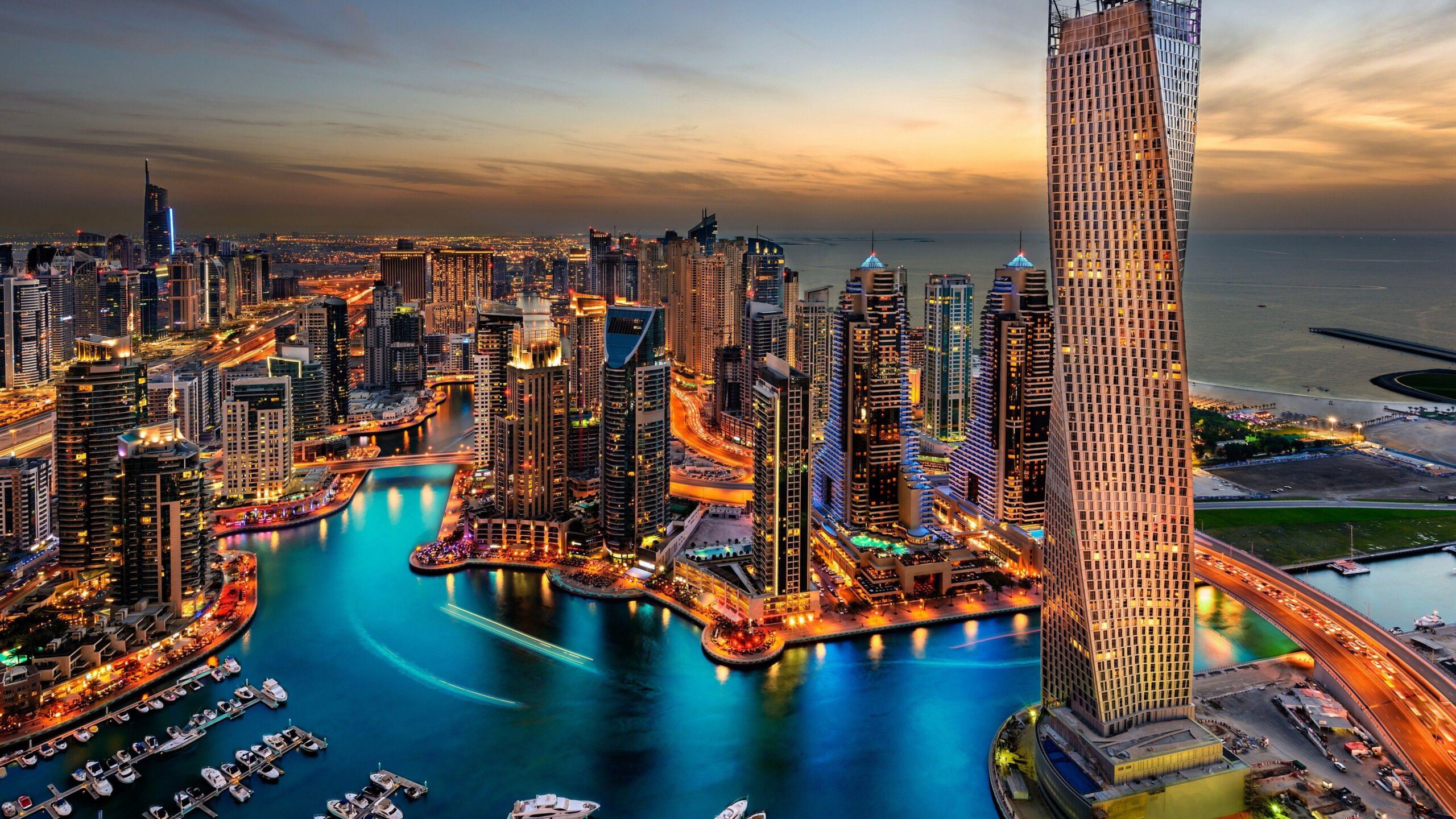The concept of the “City of God” has pervaded human thought and spirituality for centuries, eliciting a profound longing among the faithful. In the Bahá’í Faith, this notion is reinterpreted through the lens of the New Jerusalem, a metaphorical representation of a society imbued with divine attributes. This article explores the Bahá’í teachings concerning the New Jerusalem, articulating a vision that promises not merely esoteric bliss but an actionable blueprint for transforming our lived reality.
At the heart of this vision lies the principle of unity. The New Jerusalem is not confined to geographical boundaries nor limited by cultural divisions. It symbolizes an era where humanity transcends its differences—tribal, national, or ideological—and coalesces into a cohesive and harmonious community. This ideal is foundational to Bahá’í teachings, echoing the belief that the spiritual development of humanity is intrinsically intertwined with our achievements in fostering unity and collaboration.
In examining the attributes of the New Jerusalem, one must consider the fundamental Bahá’í principle of oneness. Bahá’u’lláh, the founder of the Faith, asserts that the world is but one country, and mankind its citizens. This radical perspective urges us to adopt a more expansive view of our collective existence. The paradigm shift involves recognizing that each individual, irrespective of his or her background, possesses innate dignity and worth. Notably, this shift invites curiosity—what would our daily interactions look like if we saw each other through the lens of unity rather than division?
The New Jerusalem is further characterized by an environment that facilitates spiritual and material well-being. The Bahá’í teachings articulate that the harmony between these two realms is essential for true prosperity. This interconnectedness suggests that societal advancements—be they in the realms of education, wellness, or governance—should not merely serve the interests of a select few but should uplift humanity as a whole. Herein lies a challenge: how can we pivot our current systems, which often prioritize divisiveness, towards ones that embody inclusive growth?
Moreover, the New Jerusalem beckons us towards a relentless pursuit of justice. Justice, as an essential pillar of the Bahá’í Faith, is aligned with the characteristics of the City of God. Through fostering equitable systems that ensure every voice is heard—particularly those of the marginalized and oppressed—this vision can begin to materialize. The question arises: Are we prepared to advocate for justice not only in our local communities but also on a global scale? Such advocacy requires courage, commitment, and unwavering perseverance.
The transformative essence of the New Jerusalem rests upon the education of both heart and mind. Bahá’í teachings emphasize that true education must transcend rote learning; it should inspire ethical living and moral rectitude. As individuals cultivate their potential through knowledge, they gain the capacity to contribute positively to society. Thus, the embracement of education as a lifelong pursuit, guided by spiritual principles, is pivotal to realizing the vision of the New Jerusalem. Do we not long for a society where knowledge serves as a beacon of hope, illuminating the paths toward collective progress?
Furthermore, the New Jerusalem is replete with opportunities for service. The Bahá’í Faith instructs its followers to engage actively with the world, promoting acts of kindness and altruism that lead to holistic social development. This service-oriented mindset delineates a crucial aspect of what it means to partake in the divine aspiration of the City of God. Each act of service becomes a thread in the tapestry of community life, woven together by shared values and objectives. Are we willing to embrace a life that prioritizes service over self?
Within the context of the New Jerusalem, the role of consultation emerges as an indispensable tool for collective decision-making. It is posited that through the process of open dialogue and mutual respect, communities can explore innovative solutions to the challenges that beset them. Consultation not only nurtures a spirit of cooperation but also empowers individuals to contribute their unique perspectives, fostering a rich diversity of thought. Thus, the ethic of consultation paves the way for collaborative governance—an aspiration that is particularly pertinent in our increasingly polarized world. Is it not invigorating to envisage a society where decisions are made through inclusive dialogue rather than the imposition of authority?
In envisioning the New Jerusalem, it becomes evident that a foundational aspect lies in the cultivation of virtues. The attributes such as love, compassion, and humility are not merely lofty ideals but actionable traits that must permeate every aspect of life. To embody these virtues in our interpersonal relationships, workplaces, and communities can catalyze the sociocultural metamorphosis envisioned in Bahá’í teachings. Reflect on your environment—how can the infusion of these virtues engender transformative shifts in societal dynamics?
Ultimately, the New Jerusalem reflects a profound interplay between spirituality and practical actions. It is not enough to ache for a better world; we must endeavor to be the architects of that world through our thoughts, deeds, and relationships. Each step taken towards unity, justice, and service fosters a palpable realization of the divine potential accurately encapsulated in the City of God. The question remains—are we prepared to journey together towards a collective destiny that honors the essence of our shared humanity?
In summary, the Bahá’í vision of the New Jerusalem offers a robust framework for collective human advancement. As we nurture the ideals of unity, justice, education, and service, we inch closer to manifesting a society grounded in divine principles. The promise of the City of God invites us not only to reflect but to act, creating ripples of change that resonate across generations. In embracing this clarion call, we might find ourselves not just yearning for the New Jerusalem but actively bringing it to fruition in our own lives and communities.
